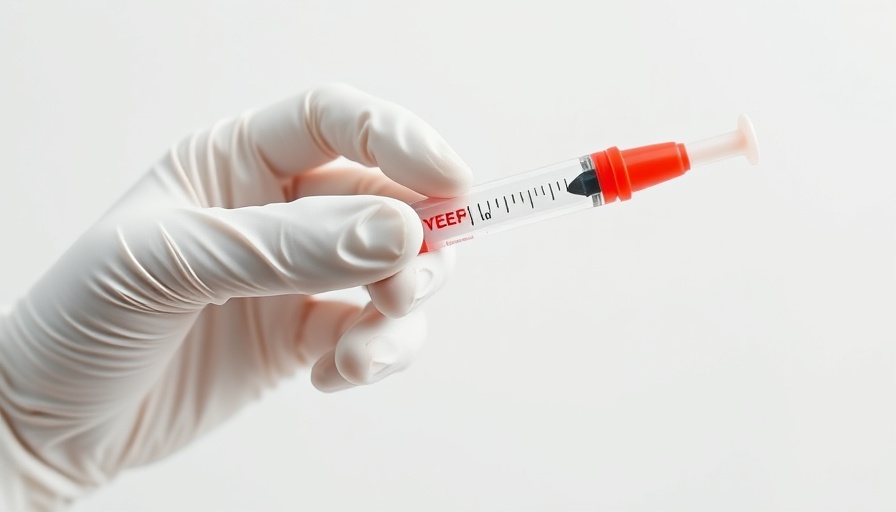
Understanding Polynucleotide Injections: The New Frontier in Acne Scar Treatment
Many people find themselves trapped in a cycle of ineffective acne scar treatments. From serums and peels to fancy rollers, the frustration can feel overwhelming, especially for those of us who have oily, acne-prone skin. So, when a new treatment like polynucleotide injections emerges, it’s only natural to be both curious and skeptical. Are these injections really the breakthrough we’ve been waiting for? Let’s dive into what these treatments entail and the science behind them.
What Are Polynucleotide Injections?
Polynucleotides are segments of DNA and RNA that assist in the tissue repair process within the body. These injections, often humorously referred to as salmon sperm facials, are primarily used by dermatologists to improve skin texture, enhance hydration, and reduce wrinkles. They work by stimulating collagen production – a crucial component in repairing skin that has been damaged by acne. However, the pivotal question remains: can they effectively treat acne scars?
The Science Behind the Treatment
The existing research surrounding polynucleotide injections has predominantly focused on broader skin improvements, such as hydration and elasticity rather than specifically targeting acne scars. Studies have showcased their ability to make skin appear more plump and elastic, akin to a revitalizing drink for your skin.
Moreover, anecdotal evidence suggests that people who have undergone these injections are generally satisfied with the overall enhancement in their skin quality. However, when looking for definitive improvements on those stubborn deep acne scars, the scientific backing isn’t as strong, highlighting a need for further exploration into their efficacy.
Comparing Treatments: Are Polynucleotides Worth It?
While polynucleotide injections can promote general skin health, traditional treatments such as microneedling and laser therapies are better established for treating acne scars. These conventional methods not only boost collagen but have demonstrated significant efficacy in scar reduction.
Patients considering their options should weigh the pros and cons: polynucleotide treatments might improve skin hydration and elasticity but lack the substantial evidence needed to categorize them as a frontline treatment for deeper scars.
Factors to Consider When Choosing Acne Scar Treatments
Before opting for any procedure, it’s essential to reflect on factors such as:
- Your Skin Type: Different treatments work better on varying skin types, so understanding your skin is crucial.
- Desired Results: Define what you’re hoping to achieve with a treatment, be it hydration, texture improvement, or scar reduction.
- Budget and Commitment: Consider how each treatment influences your budget and how much time you can commit to recovery.
These considerations will empower you to make informed decisions about your skincare regimen.
Conclusion: What Now?
Ultimately, polynucleotide injections present an exciting option within the realm of aesthetic treatments. Yet, until more conclusive data is available, they should be considered as supportive treatments rather than stand-alone solutions for acne scars. If you're grappling with the question of how to effectively treat your acne scars – weigh your options wisely. Exploring established treatments alongside emerging innovations like polynucleotide injections may lead to a more comprehensive and satisfying skincare routine. Always consult with a certified dermatologist to find the treatment that best meets your needs!
 Add Row
Add Row  Add
Add 

 Add Row
Add Row  Add Element
Add Element 




Write A Comment